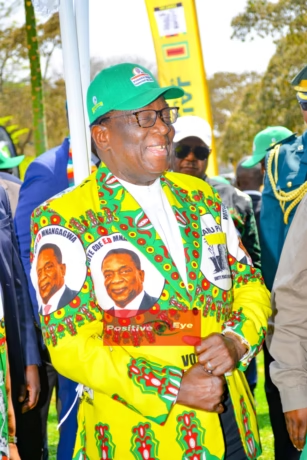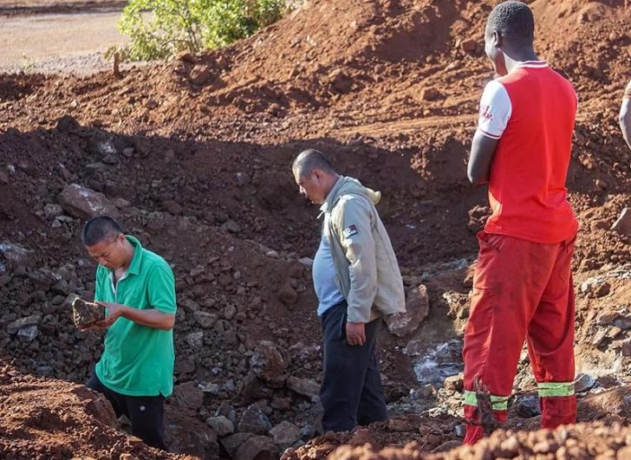
By Aldridge Dzvene | Positive Eye News
HARARE – In a bold step towards regional integration and infrastructure transformation, the Southern African Development Community (SADC) this week held its 43rd Joint Meeting of Ministers Responsible for Energy and Water in Harare. The gathering comes at a critical time when the region is seeking to fast-track renewable energy investments, boost power generation, and expand cross-border infrastructure.
The five-day engagement, which began on Monday with a senior officials’ meeting, set the stage for intensive deliberations among ministers, technical experts, and regional executives. It serves as a vital forum for evaluating implementation progress and identifying strategic actions to resolve bottlenecks in water and energy supply systems across SADC member states.
The Permanent Secretary in Zimbabwe’s Ministry of Energy and Power Development, Dr Gloria Magombo, highlighted the region’s notable progress in power sector investments. She said that SADC member states are collectively pursuing large-scale power projects to meet rising energy demands in key economic sectors such as mining, agriculture, manufacturing, and urban development.
“SADC has outlined strides by the regional member states in terms of massive investment in energy systems to further boost power supplies for industry and commerce,” said Dr Magombo, noting that increased generation capacity must be matched by enhanced infrastructure to fully unlock economic potential.
The regional focus is also shifting toward smarter, greener solutions. From solar and hydro to wind and emerging battery storage technologies, there is growing momentum to diversify energy sources and build climate-resilient systems. This transition is not just about technology, but about aligning infrastructure with economic and environmental sustainability.
SADC Deputy Executive Secretary for Regional Integration, Ms Angele Makombo N’tumba, reaffirmed the importance of the meeting in setting policy direction and unlocking partnerships. She presented key statistics that shed light on both the achievements and persistent challenges facing the bloc.
“As of May 2025, the region’s installed energy generation capacity stood at 85 221 megawatts. However, despite this capacity, a shortfall of 792 megawatts remains across the region, and within the Southern African Power Pool (SAPP), the gap widens to 4 509 megawatts,” she said.
She further explained that while four member states, Angola, Mozambique, South Africa, and Tanzania, currently possess surplus operational energy, the absence of adequate transmission infrastructure prevents this power from reaching countries that urgently need it. This transmission gap underscores the critical need for investment in regional interconnectivity and the harmonisation of regulatory frameworks to facilitate power trade.
The meeting’s agenda also included deliberations on transboundary water management, given the region’s vulnerability to climate-induced water stress. With SADC’s economic backbone largely reliant on water-dependent sectors, ministers emphasised the urgency of integrated approaches to managing shared watercourses, dams, and irrigation infrastructure.
The discussions further explored how the region can enhance resilience through joint energy-water infrastructure projects and innovative financing mechanisms. A strong consensus emerged on the need to mobilise domestic and international capital, including leveraging public-private partnerships (PPPs), to support infrastructure that delivers both economic growth and human development.
This joint ministerial meeting illustrates SADC’s evolving approach, no longer just coordinating plans, but seeking tangible, collaborative results that can drive regional prosperity. By aligning infrastructure development with the energy-water-food nexus and promoting inclusive growth, SADC is taking decisive steps toward becoming a secure, competitive, and climate-smart economic bloc.
As the ministers prepare to adopt resolutions later in the week, expectations are high that new frameworks for cross-border energy sharing, enhanced water governance, and regional project financing will be unveiled. For Zimbabwe and the entire region, the outcomes of this meeting could shape not only how the lights stay on, but how development surges forward for generations to come.




